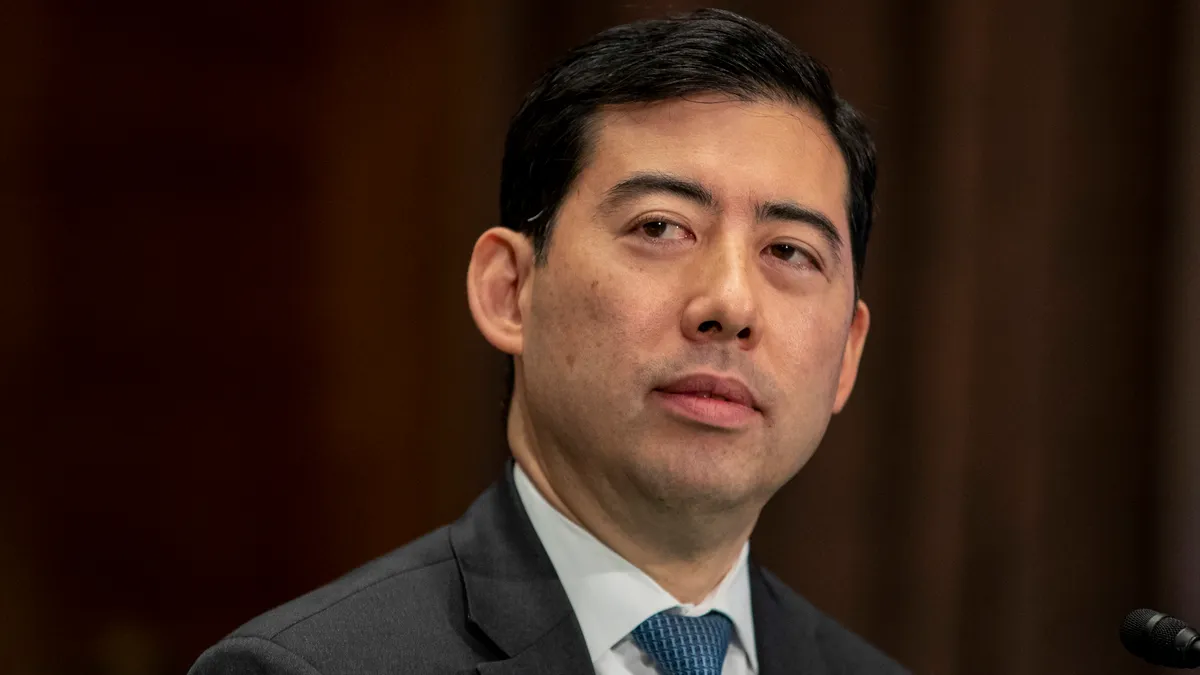If the economy slows, investors are expected to find litigation funding an attractive place to put their money. That would help ensure a robust market for general counsel whose company would rather save its cash than spend it on lawsuits, finance specialists say.
“A possible recession gives all of us [in the litigation finance business] an opportunity to be creative because there should be a larger appetite for external, non-recourse cash so businesses aren’t draining their coffers to pursue litigation,” Justin Brass, co-founder and senior managing director at JBSL Finance, said in a webcast hosted by Litigation Finance Journal.
To the extent general counsel are comfortable tapping third-party money to help them cover their litigation costs, it’s mainly for single cases, said Michael German, co-founder and chief investment officer at Lex Ferenda Litigation Funding.
In the typical case, a general counsel who wants to pursue a lawsuit for something like an intellectual property violation or a commercial contract breach will enter into a deal with a third-party funder to cover some or all of the costs in exchange for a share of the judgment, should they win. About 40% of general counsel have tapped third-party funding at some point and another 35% are looking into using it, data from Burford Capital shows.
General counsel are becoming more comfortable with packaging together similar cases into a portfolio and working with a funder to pursue all of the cases, including lower-margin or hard-to-collect cases that would otherwise not be cost-effective to pursue. But portfolio cases remain the exception and most general counsel are expected to stick with single-case deals.
“We raised a fund with more than 10 investors, different LPs, under the notion that single-case funding is still very much alive,” said German. “It’s our wheelhouse, so a dream portfolio for us is not a portfolio, although we invest in them.”
Litigation funders work directly with general counsel to structure deals to pay for litigation but their biggest clients are probably law firms, where they often help firms take cases on contingency, especially in the mass tort space. Big class actions, like those involving so-called forever chemicals or the talc liability cases against Johnson & Johnson, are the biggest growth area.
“Mass torts is the safest answer for what will drive industry growth,” said David Gallagher, co-founder and managing director at Litfund. Not only is more money flowing into these cases, but the cases are throwing off more money as funders come in and buy a share of the cases that are in later, more mature stages as part of a growing secondary market.
“A lot of the investments are refinancings,” said Gallagher. “Just through the magic of compound interest [deals] are significantly larger than 2-3 years ago. So, you have the same deal, the same law firm, the same number of torts in the collateral pool. But [funding] has gotten bigger either through case acquisition or the terms increasing.”
The growing secondary market, in which funders will come in at a late stage and either take over the costs or at least a portion of them, is a way for the industry to deal with what’s called duration risk. Lawsuits can take years to reach a judgment or settlement, during which investors’ money is locked up. Having a secondary market buyer come in can enable investors to get out before there’s a resolution of the matter.
“Cases may be maturing to a point that it makes sense for an early-stage funder to redeploy that capital into more opportunities and not necessarily exit that case but maybe sell a minority stake,” said Brass.
Another growing space is pre-judgment insurance, but that’s mainly occupied by insurance companies. In these deals, law firms or corporate counsel will buy an insurance policy that ensures them of a minimum judgment award even if they later lose on appeal.
“The insurance aspect of litigation finance is here to stay,” said Brass. “Pricing can be expensive, but over time” costs are expected to come down.
For general counsel, a downturn in the economy could also open the door for them to help their organization by bringing in cash today through what the industry calls judgment monetization. These are deals in which a judgment has been, or is about to be, won, but money won’t be coming in for months, and collecting the judgment could take years. Handing the deal over to a funder means accepting a smaller amount but accessing the money earlier, when it can do a lot of good if broader economic conditions worsen.
“If we’re heading into a recession, and someone is getting a judgment, it’s a great opportunity to monetize now as opposed to waiting for the appeals process,” said Brass. “Also, there will be earlier stage monetizations — maybe not before a motion to dismiss, but there will be cases that are strong enough that people will want to advance more than simply the legal costs and fees associated with that. That will allow a company to take some money off the table to help bolster their operations.”
For funders, it might not be enough talking to the general counsel to whet their appetite for a deal; CFOs are also decision-makers on these matters, as are CEOs.
“I was involved in a deal last week where I was able to pitch directly to the CEO, so that makes a big difference when he’s then communicating with the legal department,” said Brass. “He’s already inclined, and they understand and want to find a way to make something work.”



















